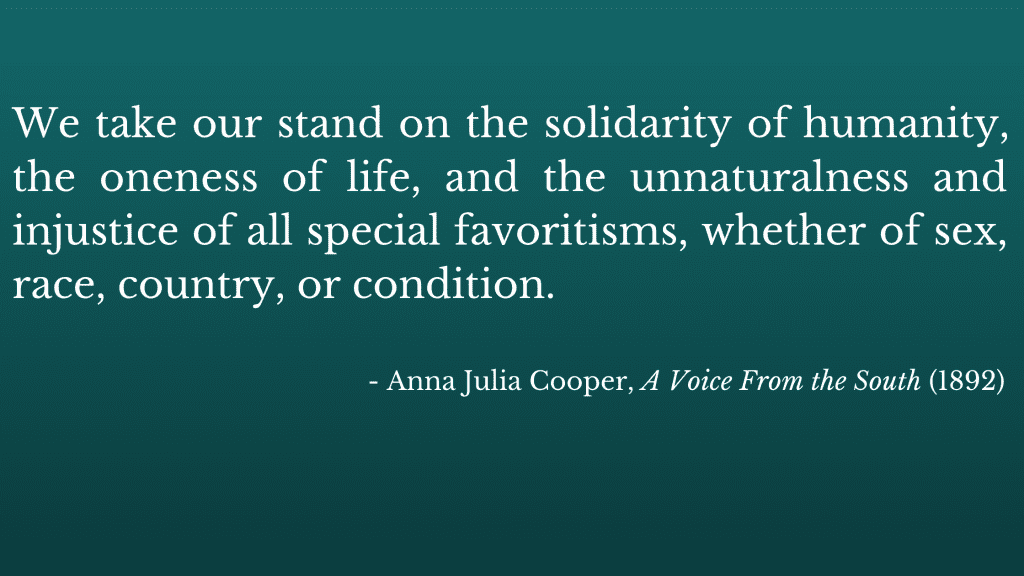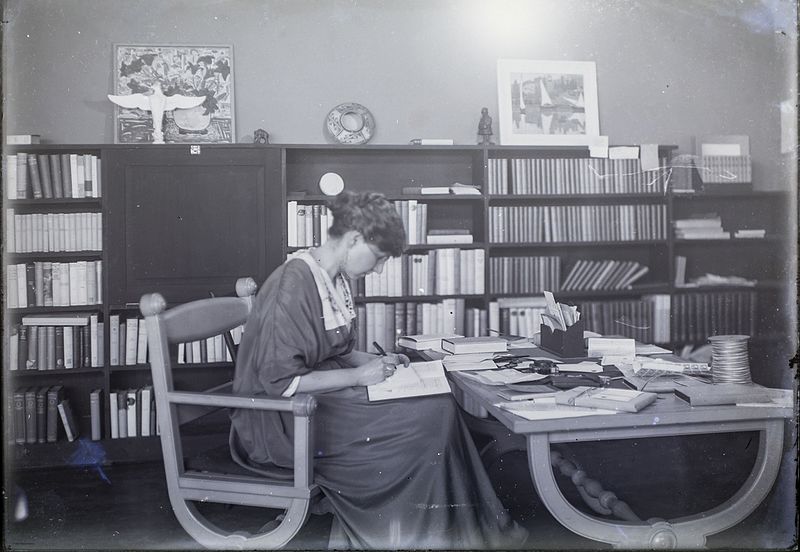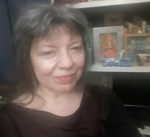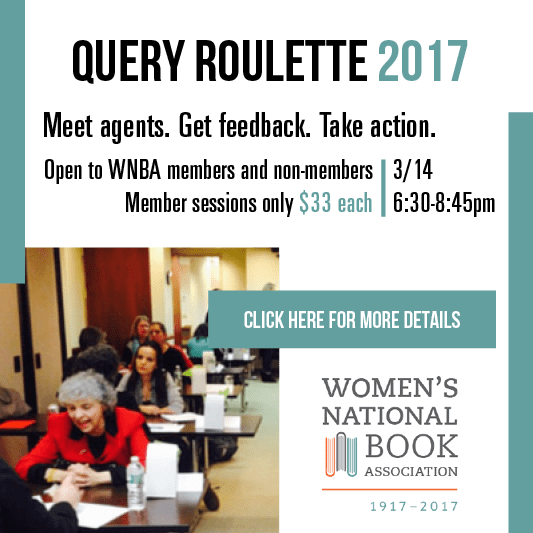
Organize!
When the 19th Amendment was ratified in August of 1920, the WNBA had already been in existence for almost three years. According to Women in the Literary Landscape: A Centennial Publication of the Women’s National Book Association, the WNBA began in 1917 New York “in the exhilaration of the October 27 parade in support of the referendum to obtain the right to vote.” WNBA co-founder Madge Jenison marched with seven other women that day. They were fellow booksellers she discovered with the help of the book salesmen who frequented her store. The WNBA was then officially founded in November at Jenison’s bookstore, Sunwise Turn, one week after New York had passed the referendum granting women the right to vote on November 6th 1917.

Just three months after the referendum, the four waves of the Spanish Flu Epidemic, lasting from February 1918 through April 1920, started. The agony and grief of the pandemic, which killed tens of millions of people across the world, coincided with the last months of World War I. And yet, the fight to ratify the 19th Amendment moved forward, with Tennessee becoming the crucial 36th state on August 18, 1920. Ratification was then certified by Congress on August 26, 1920.
In the ensuing 100 years, the “solidarity of humanity” beckoned yet remained elusive—under assault from sexism, racism, anti-Semitism, authoritarianism, and fascism, just to name a few of the scourges of the 20th and 21st centuries.
Vote!
Although US women’s voter turnout in 1920 constituted about 36% of eligible women, by 1964, women started to vote in greater numbers than men, a trend that continues to this day. In the 1950’s and 1960’s, civil rights warriors like the late John Lewis put their bodies in harm’s way for the right of African Americans to vote. They echoed the fervor of earlier activists like Anna Cooper and Ida Wells who asserted their place as African American women within the suffrage movement.

The recent days-long memorial for Congressman Lewis celebrated his life of commitment and served as a full-fledged repudiation of current threats to democracy and the sanctity of voting. So, what do we do as we turn the corner toward the next 100 years after the passage of the 19th Amendment?
In 2020, vote in the safest way possible! Find out the rules for your state. Vote early in person if you can. Vote as early as possible by mail (or drop off your ballot in person).
Learn about the current obstacles to voting and find organizations and groups of like-minded people organizing to protect voters and the integrity of the 2020 election. And always choose to participate in the “solidarity of humanity.”
For more articles from the WNBA, click here!

Pamela J. Davis is a freelance editor and proofreader, who has a PhD in English and American Literature from New York University. Born and raised in Springfield, MA, she currently reads, writes, and walks around in New York City.




